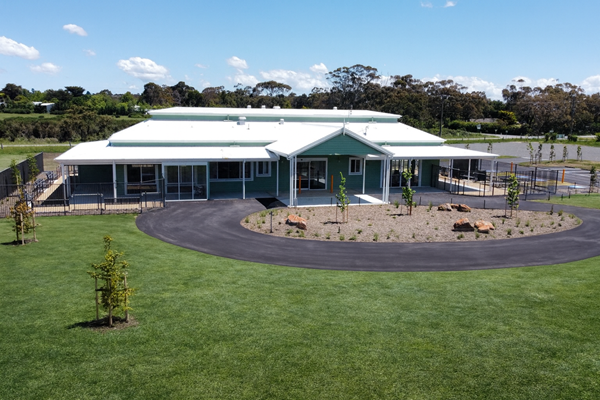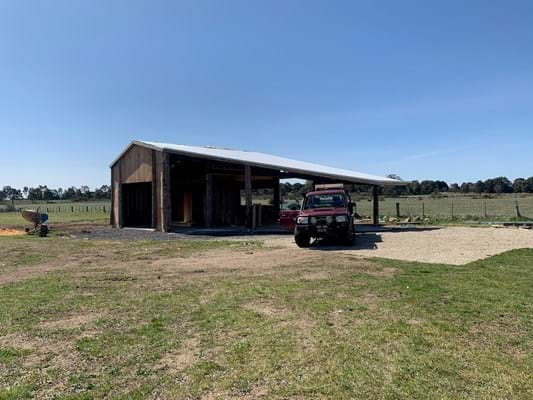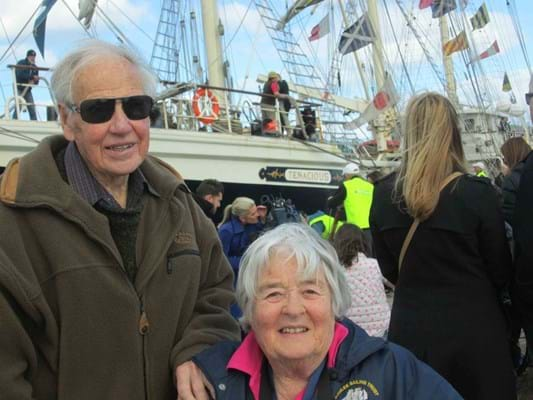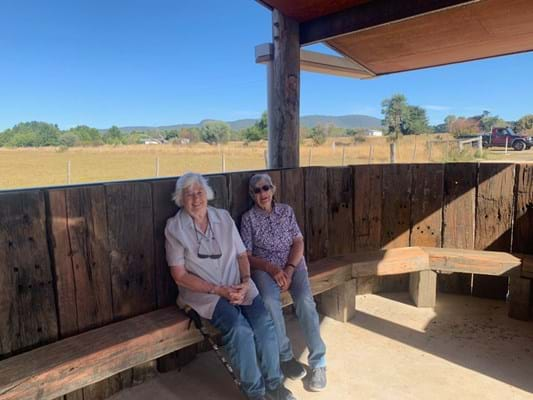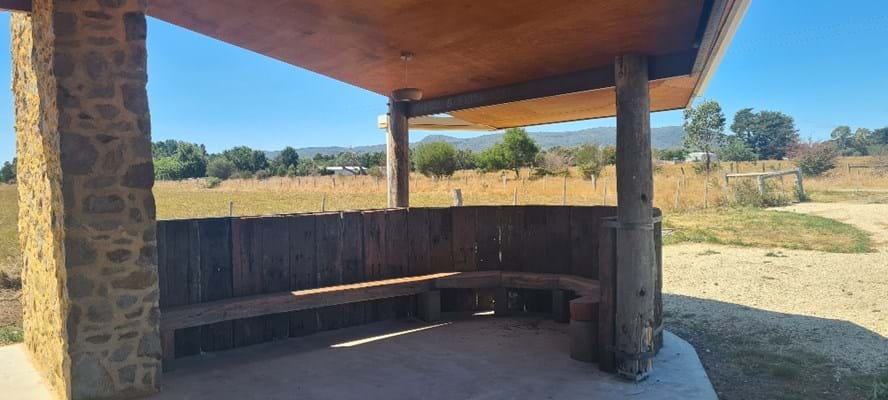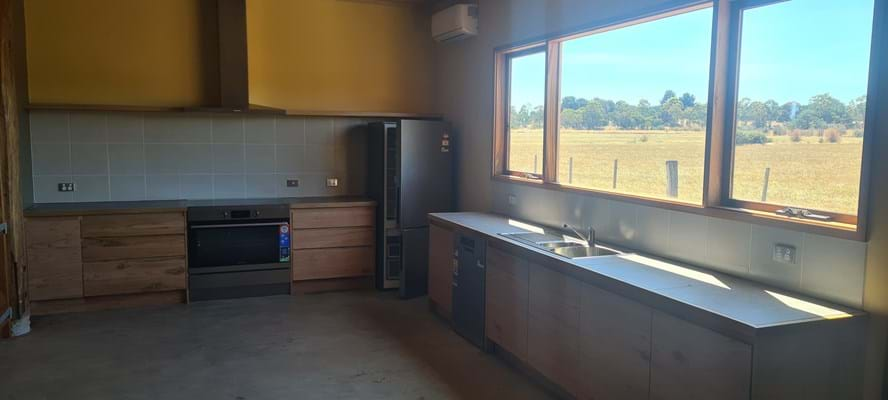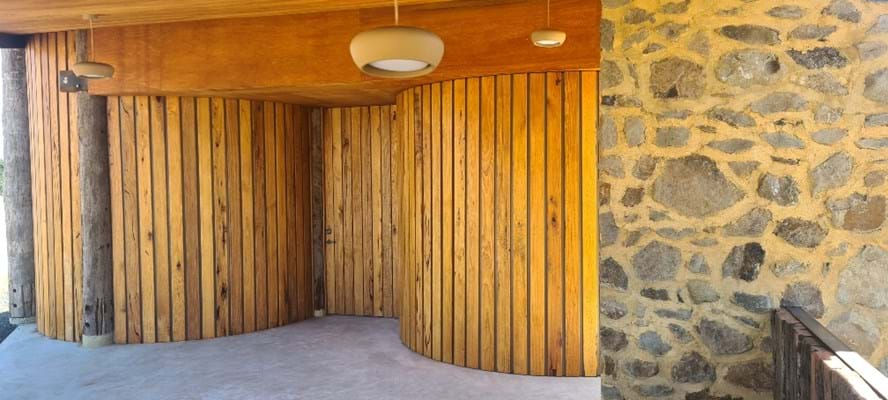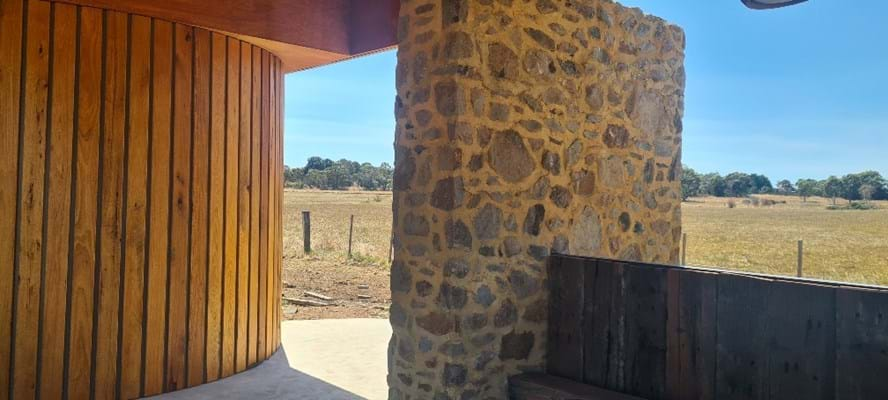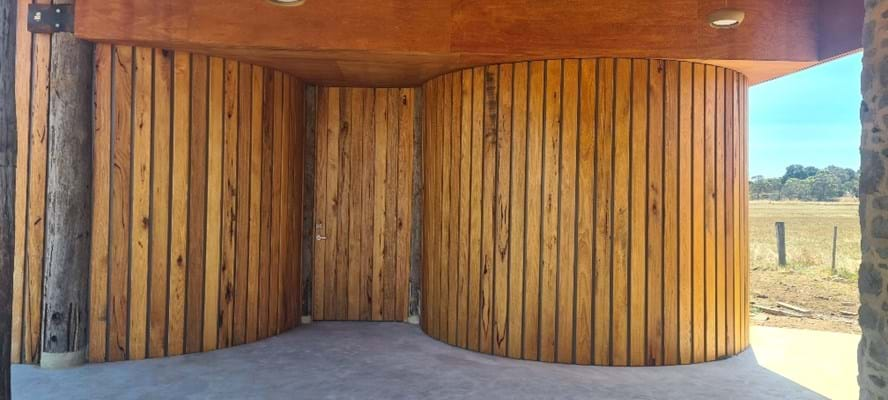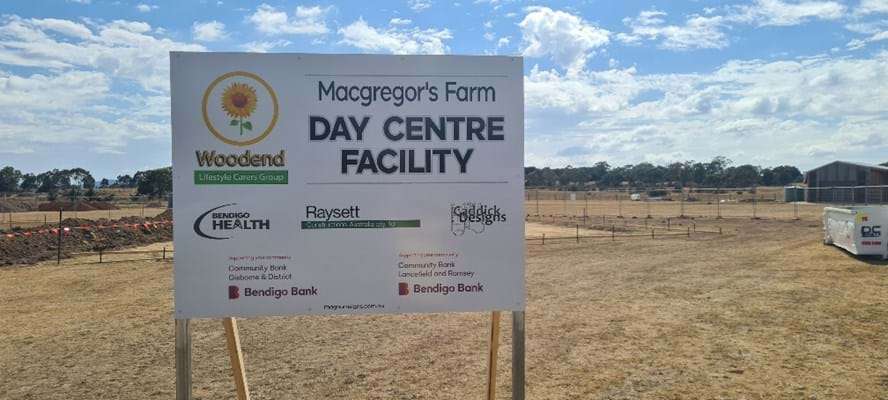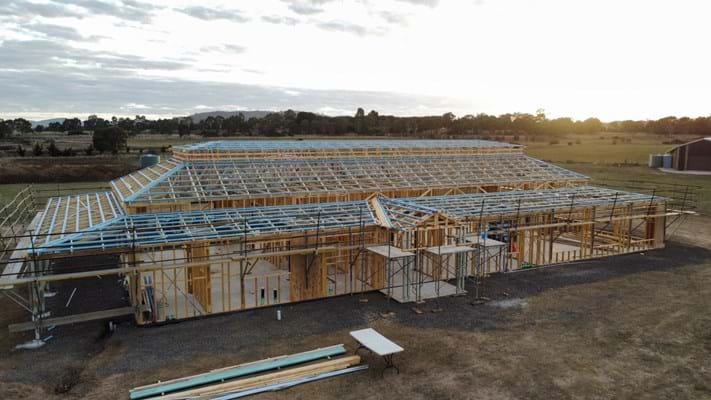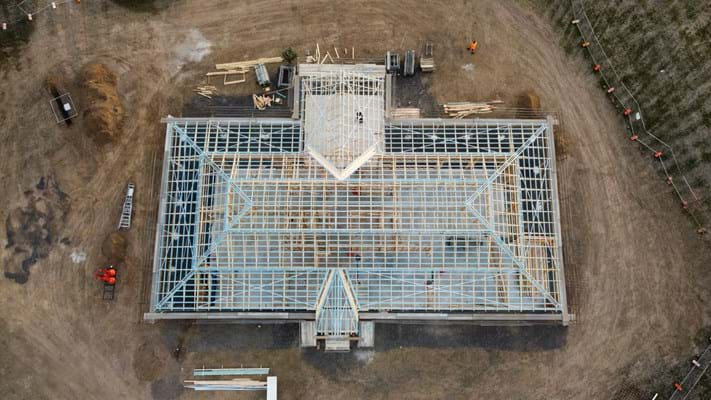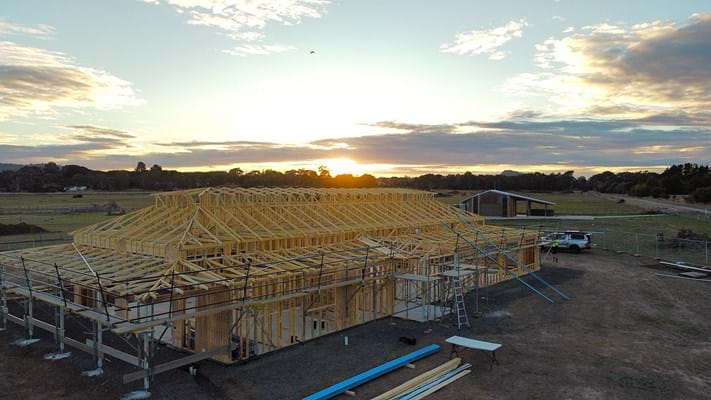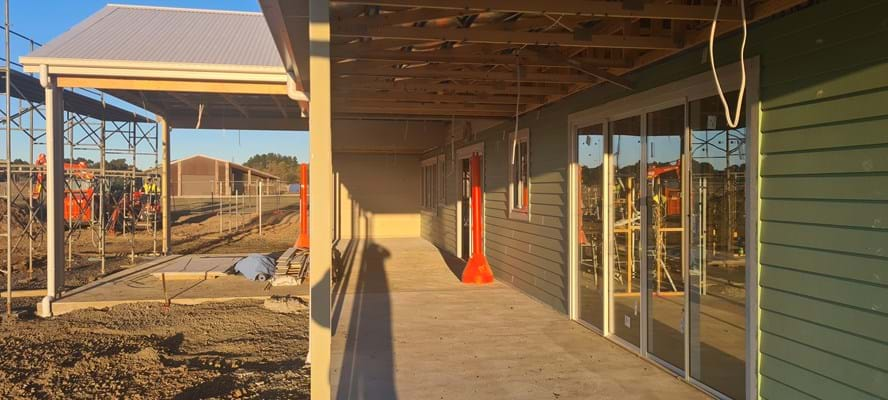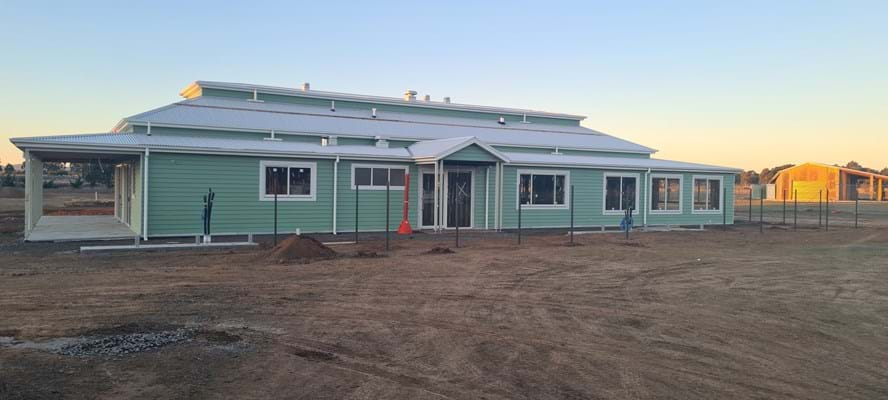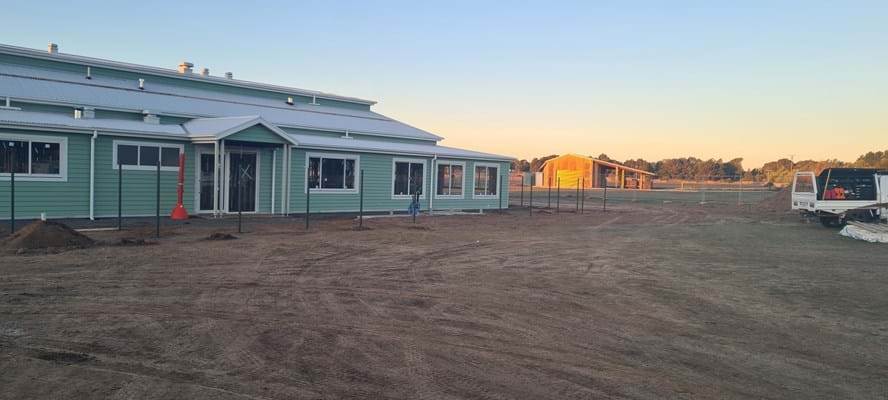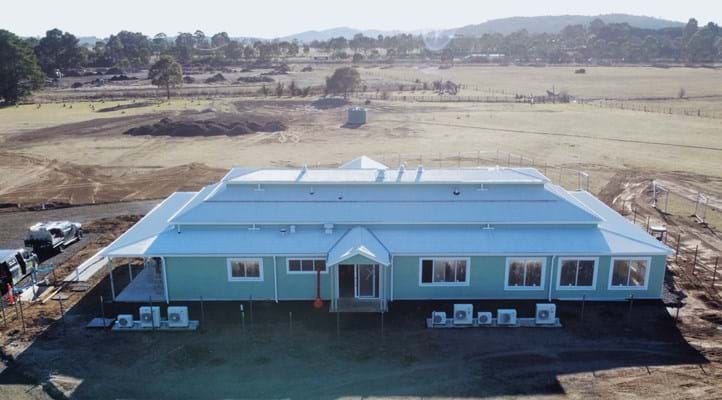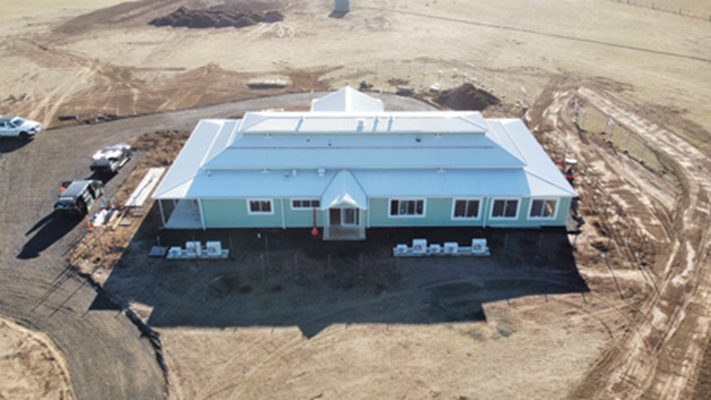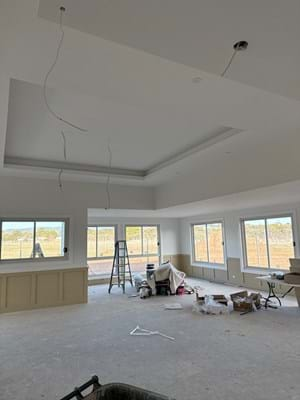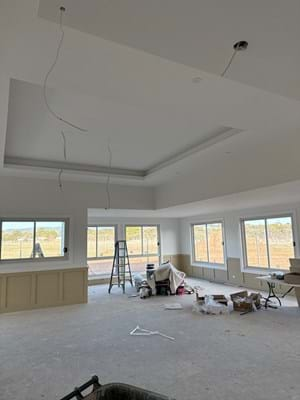Macgregor's Farm
Day Care Cottage and Respite Project
Dementia is an insidious disease and the stress levels involved in caring for someone 24/7 365 days a year was brought home to members of the group in the early years when our first President, a man of 62 who had been caring for his beloved wife for more than ten years, suffered a fatal heart attack at their daughter’s wedding. He had been unable to get any help on a regular basis which would have allowed him some time off from the emotional, physical and psychological stresses of his caring role.
More recently, another carer who had finally managed to find respite for her husband of fifty-four years, also suffered a heart attack on arrival at her holiday destination & spent the following two weeks in a Queensland hospital, rather than being able to enjoy time with friends. Another member received severe bruising on her shoulder & arms as a result of being attacked with a walking stick by her husband who thought she was an intruder.
Yet another doubled the cost of her two-week overseas trip because the promised respite was withdrawn at the last minute, & she had to arrange for 24-hour home care.
Dementia changes the personality of the sufferer so that those around them often find their behaviour difficult to understand. The husband, wife, son, daughter, or friend frequently find themselves becoming parents to an adult, with whom they have constant conflict. This personality change creates situations which are both distressing and repetitive.
A carer’s patience is challenged to the limit, their emotions are constantly suppressed, lack of sleep creates a mental as well as physical situation often leading to depression, & in some cases suicide. The carer no longer has a life of their own but must be constantly aware of what their loved one is doing which may endanger both themselves & those around them.
Respite is desperately needed, but soon after WLCG’s establishment in 2012, the for-profit aged care facilities in & around the Macedon Ranges closed their few respite beds – we were told permanent beds were more viable. With only permanent beds being available, carers were therefore forced to either soldier-on or make the heartbreaking decision to be parted from their loved one.
Understanding the need for respite, the group decided to start fund-raising to acquire its own respite accommodation. Accommodation that would not only allow for daycare, but ultimately for two to three weeks ‘holiday’ in a non-clinical venue where loved ones would be looked after by friendly, caring, well-qualified staff, allowing their carer some R&R, as in battle conditions, a chance to recover & gain the mental & physical strength to carry on.
With the ageing population & the potential for a huge increase in numbers with dementia, WLCG believes there will be a constant need for early respite. The need for an alternative to aged care is not only desirable, but also essential. Those in the early stages of the disease are often unable to accept that there is anything wrong with them; they often consider that it is the carer who is at fault & many therefore refuse to go to an aged care facility to give their carer a break.
Without such a break, there is a strong chance that instead of one aged care bed, two will ultimately be required, with carers breaking down under the emotional & physical stress. In some cases, from physical abuse, which can come from people who were previously kind * gentle individuals. This also means that in each case not one, but two productive people are removed from our society.
Since 2014 the group has been working tirelessly to raise funds through raffles, market stalls, sausage sizzles, small grants and catering.
In addition, on two separate days in 2016 we gained over 960 signatures to a petition for government support which the then Minister for Housing, Disability & Ageing, Martin Foley received at a private meeting with members of the WLCG Committee. That year there were 759 people diagnosed with dementia in the local government area of Macedon, a number which is projected to increase to 5787 by 2050.
In 2017 we were both amazed & thrilled to receive the wonderful gift of ten acres of land at 78 Old Lancefield Road Woodend North, along with the promise of sufficient funds to create the first Farm - Day Care Cottage for day respite known as Macgregor's Farm. The exceptional beauty of the views to Mount Macedon & Hanging Rock, the potential for a serene, healing & tranquil occupation, are a very important part of this wonderful donation.
The large size of the land we now own means that we can develop not only an orchard, vegetable & flower gardens, but also keep livestock managed by Edgar's Mission. The comfort of touching small farm animals is well-documented. The inclusion of livestock is essential to the well-being of those living with Dementia in regional areas, who often retire from the land, only to be deprived of the company of animals they have worked with all their lives.
Macgregor’s Farm intends to ensure that a number of small farm animals & pets become part of the everyday life of those participating in Day Care. We were granted funds from Lancefield Romsey Community Bank, to build a Rotunda which was built by Ron Howard who also built BJ Shed to store our garden tools fitted out with a full kitchen.
Construction of the Day Care Centre kicked off in February 2025, Raysett worked miracles during the winter period and were able to have it complete by mid-September 2025. This was achieved and Macgregor's Farm Day Care facility was handed over on time. We will be kicking off in 2026 the operation of the Day Care Centre managed by Woodend Lifestyle Carers Group - Management.


